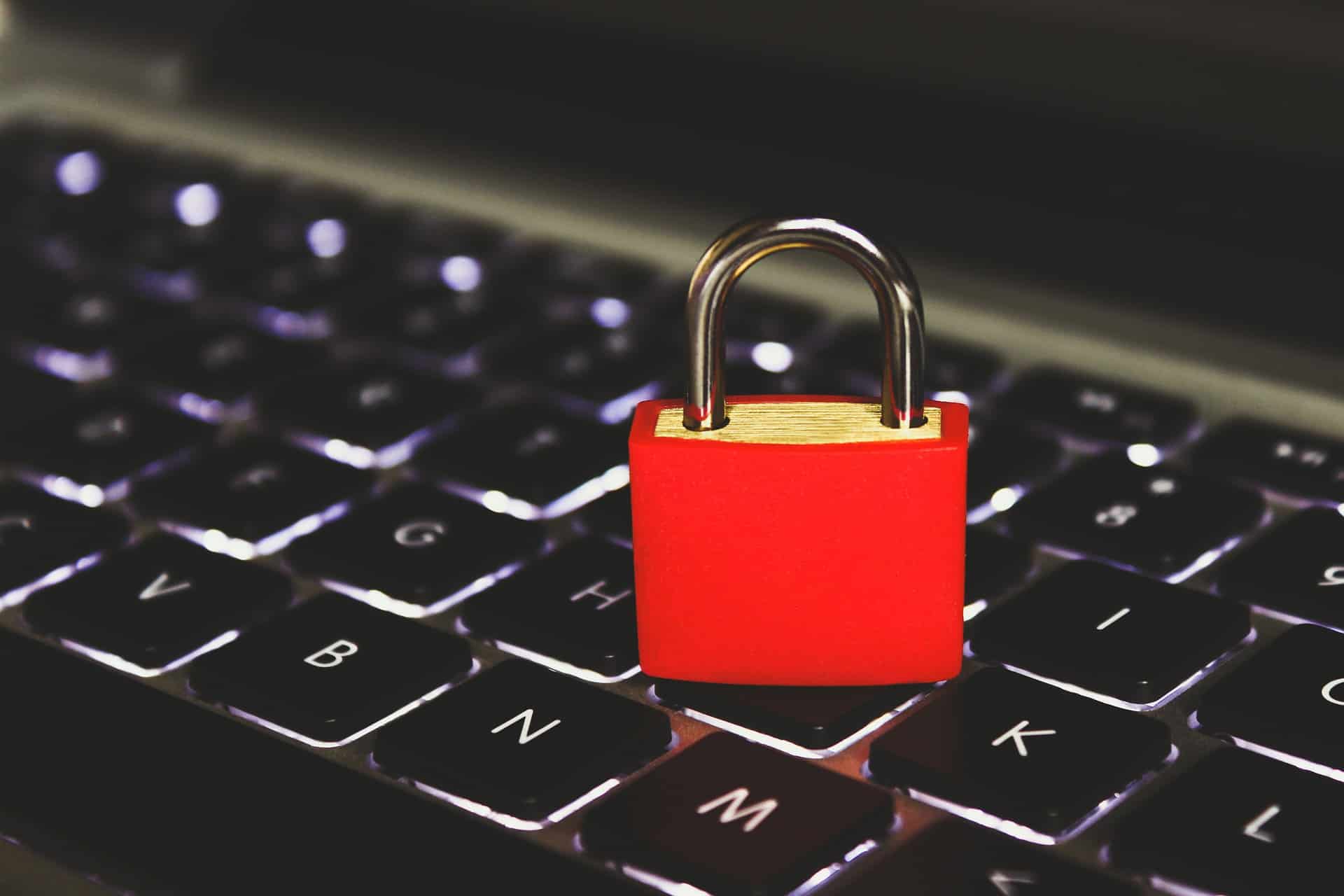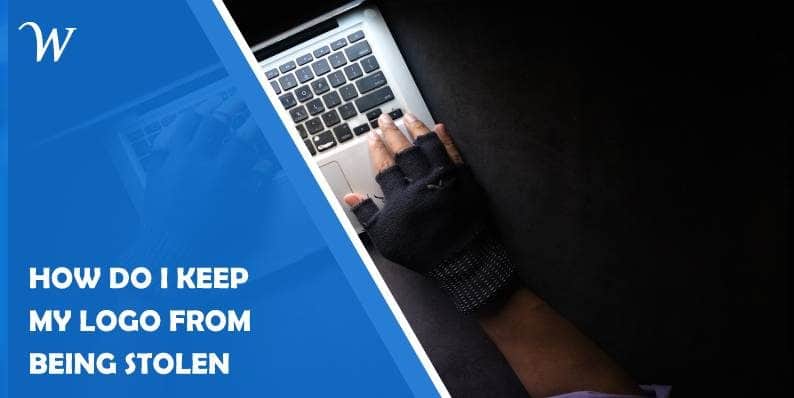How Do I Keep My Logo From Being Stolen
Your brand logo is an important part of your business identity and one of the most valuable assets. It is therefore essential to ensure that you protect it from theft and malicious use by others.
As a business owner, you must take proactive steps to reduce the risk of having your logo stolen. In this article, we will discuss some practical strategies for keeping your logo safe and secure. We will look at techniques such as copyright registration, watermarking, trademarking, and utilizing a DMCA policy.
What Is the Importance of Logos

Logos are an important part of a company’s identity. They provide visual recognition and create an impression that lasts with customers, making them one of the most powerful tools in advertising. Logos can communicate a message even without any words or images associated with it, which makes them incredibly valuable to businesses.
A logo is designed to capture attention and provide customers with an immediate impression of the brand’s values and goals. A well-designed logo is easy to remember and can help establish credibility for a business quickly.
It also contributes to creating a sense of loyalty for the brand’s target audience by providing them with something unique that they can identify with and relate to. Furthermore, logos are often used in promotional products such as t-shirts, mugs, pens, hats, etc., giving businesses additional opportunities for marketing their brand.
Can Somebody Steal My Logo
Are you worried that somebody could steal your logo? Logo theft is a very real threat and one that all businesses should be aware of. It doesn’t matter whether you are the owner of a small business or the head of a large corporation, if someone steals your logo, it can have devastating consequences. Knowing how to protect yourself from logo theft is an important part of being successful in business.
Logo theft can happen any number of ways, from someone simply copying your design to more serious issues like trademark infringement. The best way to protect yourself against these kinds of activities is by having a well-defined brand identity and registering all relevant trademarks in the appropriate jurisdictions. This will ensure that nobody else can legally use your logo without proper authorization, making it difficult for them to get away with stealing it.
How Do I Protect My Logo

A logo is a powerful tool. It serves as the visual representation of a company or brand, and provides a memorable symbol for customers to identify with. However, it’s important to protect your logo from misuse and copyright infringement. Without proper protection, anyone could use your logo without permission. Here are some tips to help you safeguard your creative asset:
First, consider registering for copyright protection with the U.S Copyright Office, which allows you to enforce exclusive rights over the use of your logo design. Additionally, trademark registration may offer more comprehensive protection for logos that have become particularly recognized by consumers in the marketplace. This will prevent other entities from using it without permission or making minor alterations that could be confusingly similar looking to yours.
Conclusion
Protecting your logo from being stolen is a critical part of maintaining a successful brand. If you take the necessary steps to register your logo, use watermarks and copyright notices, and be vigilant about monitoring for unauthorized usage, you can help protect yourself from theft.
Additionally, if someone does steal your logo, it will be easier to take legal action with the proper documentation in place. By understanding how to prevent logo theft, you can save yourself time and money in the long run.
- Pros and Cons of Virtual Private Networks in 2023 - March 4, 2023
- How Do I Keep My Logo From Being Stolen - February 27, 2023
- Create a User-Friendly Admin Panel for Any Database - October 13, 2022
Where Should We Send
Your WordPress Deals & Discounts?
Subscribe to Our Newsletter and Get Your First Deal Delivered Instant to Your Email Inbox.



